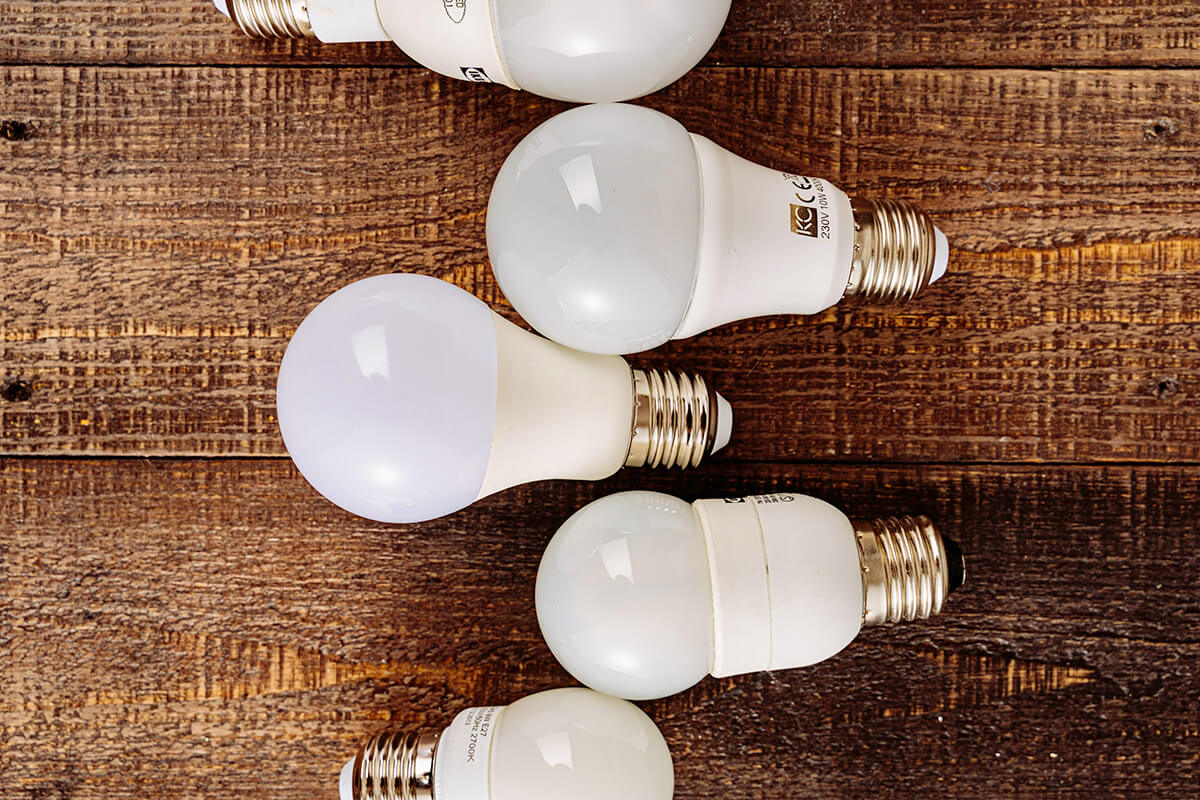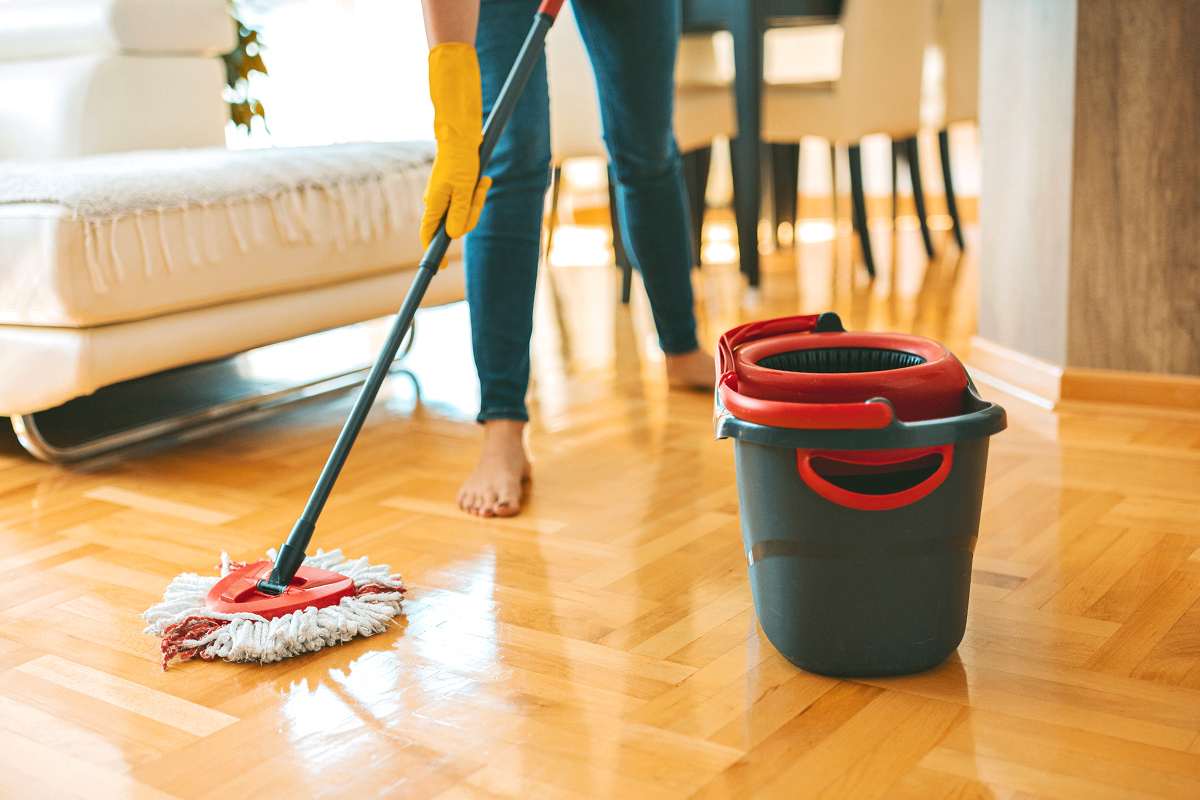It’s never too late to start making changes that will help you save money on your household expenses, especially if the changes are relatively easy and will add up over time. There are several ways to cut back on your electricity, gas, and energy usage at home without sacrificing your family’s comfort level. The goal…
Tips To Save Money on Household Expenses
Energy efficiency is the most impactful step you can take when it comes to saving money at home. Even the smallest changes can pay off in the long run. Here are some ideas to get you started.
Switch To Energy-Efficient LED Lightbulbs
If you’re still using incandescent lightbulbs, switching to LED lighting can significantly lower your monthly electric bill. LED lightbulbs use less energy and last longer, with a typical lifespan of 25,000 to 50,000 hours, so they don’t need to be replaced as often as their incandescent counterparts. They’re a little more expensive than standard bulbs, but the cost is offset by utility savings: According to the Department of Energy, LED lighting saves the average household around $225 in energy costs per year.

Seal Drafty Doors and Windows
Drafts from doors and windows can cause warm air to escape from your home. This can result in higher heating costs in the winter and higher cooling costs in the summer. Adding weather stripping or caulk to seal gaps around doors and windows will keep your home better insulated.

More from our network
House Outlook is part of Inbox Studio, which publishes content that uplifts, informs, and inspires.
Use a Programmable or Smart Thermostat
Installing a programmable thermostat gives you control over the temperature in your home while you’re away or simply not paying attention. It can be set to turn down the heat when it isn’t needed or give your air conditioner a break, reducing the amount of energy used and saving you money on your utility bills. A smart thermostat like the Google Nest allows you to use an app to control your home’s temperature from anywhere and even learns your preferences, but it’ll cost more up front.

Insulate Your Water Heater
After heating and cooling systems, water heaters are the second-largest consumers of electricity in an average household. Insulating yours can drastically improve heat retention, especially if it’s an older model. (It’s worth noting that newer water heaters often include built-in insulation.) According to the Department of Energy, insulating your water heater can “reduce standby heat losses by 25% to 45% and save you about 7% to 16% in water heating costs, and it should pay for itself in about a year.”



Unplug Appliances and Devices When They Aren’t Being Used
“Phantom energy” is the term used to describe the energy consumed by appliances and electronics when they’re not in use. Yes, that means your TV, washing machine, and even your phone charger drain energy when they are inactive but still plugged in. When possible, unplug them — it could save an estimated 10% of your total energy costs. Another solution is to upgrade to an advanced power strip that automatically shuts off power to electronics when they’re not in use.

Cancel Cable and Switch to a Streaming Service
If you haven’t yet canceled your cable and switched to a streaming service, now is a good time to do it. Not only will a streaming service like Netflix, Hulu, or Prime Video give you access to practically endless on-demand shows and movies, but some services also offer live TV for less money than cable.
If you’re looking to cut costs even further, consider using free, ad-supported streaming services such as Pluto TV, Tubi, Fawesome, and The Roku Channel. Many American libraries also offer cardholders free access to movies, TV shows, music, audiobooks, e-books, and more through platforms such as Kanopy and Hoopla.

Turn Off the Lights
This one might seem like a no-brainer, but you’d be surprised at how much you can save on your electric bill by simply turning off the lights when you leave a room. You don’t need to sit by candlelight, but consider upgrading to energy-saving dimmer switches or making a conscious effort to turn off the lights when vacating a room.



















